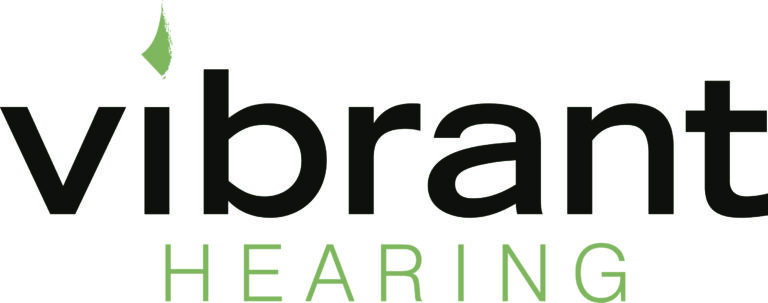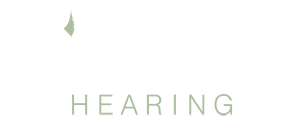The Role of Nutrition and Lifestyle in Hearing Health
Hearing loss is a common issue among older adults, and while hearing aids have been a well-known solution, recent research suggests that a healthy diet rich in specific vitamins, minerals, and nutrients could potentially delay or even prevent the need for such devices as we age. Among these key nutrients, folic acid, a water-soluble B vitamin known for its role in DNA synthesis and the formation of red blood cells, has emerged as a potential guardian of hearing health later in life.
Folic Acid: A Shield Against Age-Related Hearing Loss
A landmark study published in the Annals of Internal Medicine in 2007 brought folic acid into the spotlight as a possible protector against age-related hearing loss. Scientists from Wageningen University conducted a rigorous double-blind, placebo-controlled study involving 728 men and women aged 50 to 70 residing in the Netherlands.
These participants exhibited either healthy hearing or hearing loss related to age and had notably low levels of folic acid due to the Netherlands’ restriction on folate fortification of food. Moreover, they had elevated homocysteine levels, a factor influenced by folic acid and susceptible to reduction through folate supplementation.
Over the three-year study duration, half of the participants received a daily folic acid supplement of 800 micrograms, while the other half received a placebo. Remarkably, at the end of the trial, those who had received folic acid exhibited less low-frequency hearing loss compared to the placebo group, suggesting that folate might have a role in slowing the progression of age-related hearing loss. This promising concept is supported by additional research, including a 1999 study published in the American Journal of Clinical Nutrition.
This study, conducted on 55 healthy Caucasian women aged 60 to 71, revealed that women with presbycusis had significantly lower levels of vitamin B12 and folate than those with normal hearing, hinting that vitamin B12 also plays a pivotal role in auditory health.
Hearing Loss Prevention through Nutrient-Rich Diets
Hearing loss in older adults is multifaceted, lacking a single known cause or cure. Therefore, focusing on prevention becomes paramount. Educating individuals about the nutrients that can contribute to the prevention of presbycusis, where to source them, and how to incorporate them into daily diets becomes an essential approach.
Both folic acid and vitamin B12 can be obtained through dietary changes or supplementation. Foods rich in folic acid include leafy green vegetables, citrus fruits, and legumes. Since 1998, many foods such as breakfast cereals, bread, flour, and pasta have been enriched with folic acid and labeled as such.
Vitamin B12, vital for brain and central nervous system health, can be found in fortified foods like breakfast cereal and soy products, as well as in natural sources like fish, milk, and eggs.
Beyond Folic Acid and B12: The Nutritional Arsenal for Hearing Health
While folic acid and vitamin B12 are valuable allies in the quest for healthy hearing, they are not alone in this battle. Research has shown that a combination of vitamins C, E, A, and magnesium may help reduce damage caused by excessive noise, a common contributor to hearing loss.
A study published in 2007 in Free Radical Biology & Medicine highlighted the potential of this vitamin cocktail in mitigating the effects of noise-induced hearing loss. The vitamins’ antioxidant properties enable them to combat free radicals, destructive molecules that form in the ear before and after exposure to excessive noise. Free radicals are believed to damage inner-ear hairs or sensory cells, ultimately harming hearing.
Dietary Sources of Hearing-Protective Nutrients
Here are some dietary sources of these hearing-protective nutrients:
- Vitamin C: Found in oranges, chili peppers, and broccoli.
- Vitamin A: Abundant in carrots, sweet potatoes, and mangos.
- Vitamin E: Present in almonds, Swiss chard, and kale.
- Magnesium: Available in bananas, cashews, and edamame.
Many of these vitamins and minerals can be found in the same foods or complementary sources, making it easy to incorporate them into a balanced diet supported by daily supplements.
By promoting informed food choices and well-planned meals, healthcare providers can empower patients to support their hearing health while enhancing overall well-being. A diet rich in these vital nutrients can be a proactive step towards maintaining the precious gift of hearing throughout life.
Sources:
- Le Prell, C.G., Hughes, L.F., and Miller, J.M. Free radical scavengers, vitamins A, C, and E, plus magnesium reduces noise trauma. Free Radical Biology & Medicine 2007 May 1; 42(9): 1454-1463.
- Durga, J., Verhoef, P., Anteunis L.J., Schouten, E. & Kok, F.J. Effects of folic acid supplementation on hearing in older adults: a randomized, controlled trial. Annals of Internal Medicine 2007; 146: 1-9.
- Houston, D., Johnson, M.A., Nozza, R.J., Gunter, E.W., Shea, K.J., Cutler, G.M. & Edmonds, J.T. Age-related hearing loss, vitamin B-12, and folate in elderly women. American Journal of Clinical Nutrition March 1999 vol. 69 no. 3; 564-571.

